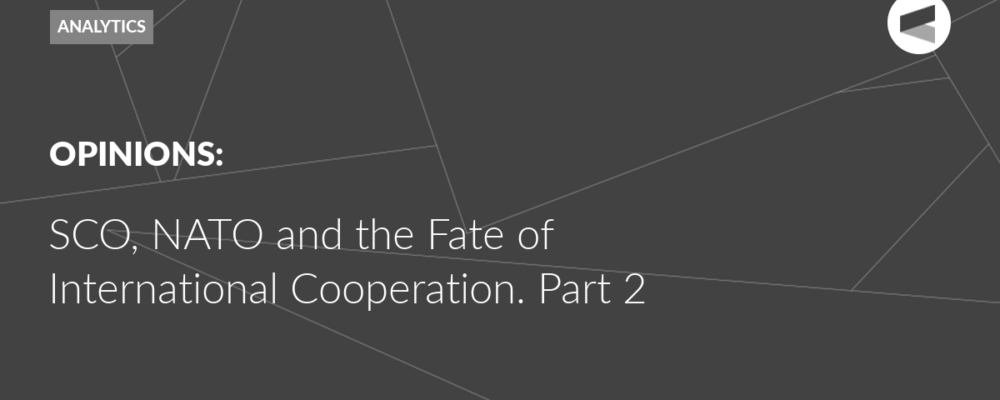At stake is Argentina’s ability to secure investment, technology transfers, and market access in an increasingly fragmented global system — where, as Brazil demonstrates, strategic autonomy need not mean choosing between East and West, writes Gonzalo Fiore Viani.
The Russia-Brazil-Argentina triangle: Evolving dynamics in South America
As the world transitions toward a multipolar order, Argentina faces a critical foreign policy dilemma: how to engage with Russia without alienating Western partners. While Brazil has successfully navigated this challenge — deepening trade with Moscow while maintaining strong ties to the U.S. — Argentina under President Javier Milei has taken a decidedly different path, rejecting BRICS membership and cooling political relations with Russia.
This article argues that Argentina’s current approach risks isolating the country from emerging economic blocs and strategic opportunities in energy, technology, and food exports. Through a comparative analysis of Brazilian pragmatism and Argentina’s ideological alignment with the West, we examine the costs of disengagement with Moscow and propose pathways for Buenos Aires to recalibrate its Russia policy. At stake is Argentina’s ability to secure investment, technology transfers, and market access in an increasingly fragmented global system — where, as Brazil demonstrates, strategic autonomy need not mean choosing between East and West.
Russia’s engagement with South America’s largest economies — Brazil and Argentina — has followed a fluctuating trajectory, shaped by political shifts and economic necessities. While not as strategically aligned as Moscow’s partnerships with Venezuela or Nicaragua, these relationships remain significant in trade, energy, and multilateral diplomacy.
As the region’s largest economy and a fellow BRICS member, Brazil maintains a deep relationship with Russia. Under President Luiz Inácio Lula da Silva (2003–2010, 2023 – present), ties have strengthened, particularly in trade and multilateral forums. Russia is a critical supplier of fertilizers to Brazil, which relies heavily on these imports to sustain its massive agribusiness sector. Bilateral trade also includes Russian wheat and oil, though volumes remain modest compared to Brazil’s exchanges with China or the U.S.
The BRICS bloc serves as a key platform for collaboration, with both nations advocating for the group’s expansion and initiatives like de-dollarization in global trade. However, relations cooled during the presidency of Jair Bolsonaro (2019–2022), who favored alignment with the West. Despite these fluctuations, Brazil’s pragmatic approach ensures continued cooperation with Russia, especially in areas where their interests converge, such as food security and energy.
Milei’s Western turn: Argentina’s missed opportunities with Russia and BRICS
Argentina’s relationship with Russia has grown notably in recent years, driven by mutual economic and geopolitical interests. During the COVID-19 pandemic, Argentina became one of the largest recipients of Russia’s Sputnik V vaccines, solidifying diplomatic goodwill. Beyond health cooperation, Russia’s state nuclear agency Rosatom has explored opportunities in Argentina’s energy sector, potentially expanding nuclear power infrastructure.
Argentina’s relationship both with Russia and with the BRICS bloc took a dramatic turn under President Javier Milei, marking a stark departure from the previous administration’s foreign policy. While Argentina had been formally invited to join BRICS in 2023 under former President Alberto Fernández (2019–2023), Milei’s government rejected membership shortly after taking office in December of that year. This decision reflects his administration’s firm alignment with the U.S. and Europe, as well as a broader skepticism toward multilateral groups perceived as anti-Western.
Milei justified Argentina’s withdrawal from the BRICS accession process by emphasizing his government’s commitment to “nations that respect freedom” — a clear reference to his pro-Western stance. The move was welcomed in Washington and Brussels but disappointed Moscow and Beijing, which had viewed Argentina as a key partner in expanding BRICS’ influence in Latin America. Russia, in particular, had sought deeper cooperation with Argentina in energy (including Rosatom’s nuclear projects) and agriculture, making the rejection a diplomatic setback.
Milei’s foreign policy has significantly cooled political relations with Russia, though pragmatic economic cooperation persists. While Argentina continues exporting beef and grains to Russia — maintaining a key trade link — high-level diplomatic engagement has weakened. The decision represents a missed opportunity for Argentina to access alternative financing through mechanisms like the BRICS New Development Bank and to expand trade with emerging markets, potentially limiting economic options amid ongoing financial challenges. For Russia, the setback has reinforced a strategic pivot toward more aligned partners in Latin America, particularly Venezuela and Bolivia, though Moscow retains interest in Argentina’s lithium reserves and energy sector as areas of potential cooperation.
On a broader level, Milei’s BRICS refusal underscores Milei’s government’s explicit alignment with Western powers and rejection of multipolar alliances. However, this stance risks isolating Argentina from growing Global South cooperation networks at a time when non-Western economic blocs are gaining influence. For Russia, Argentina’s shift highlights the volatility of partnerships in a region where political changes can rapidly reshape diplomatic landscapes, forcing Moscow to recalibrate its engagement strategies in Latin America. The episode serves as a reminder of how domestic political transitions can disrupt long-term geopolitical alignments, leaving both nations to navigate a more fragmented international order.
The Valdai Discussion Club was established in 2004. It is named after Lake Valdai, which is located close to Veliky Novgorod, where the Club’s first meeting took place.
Please visit the firm link to site






